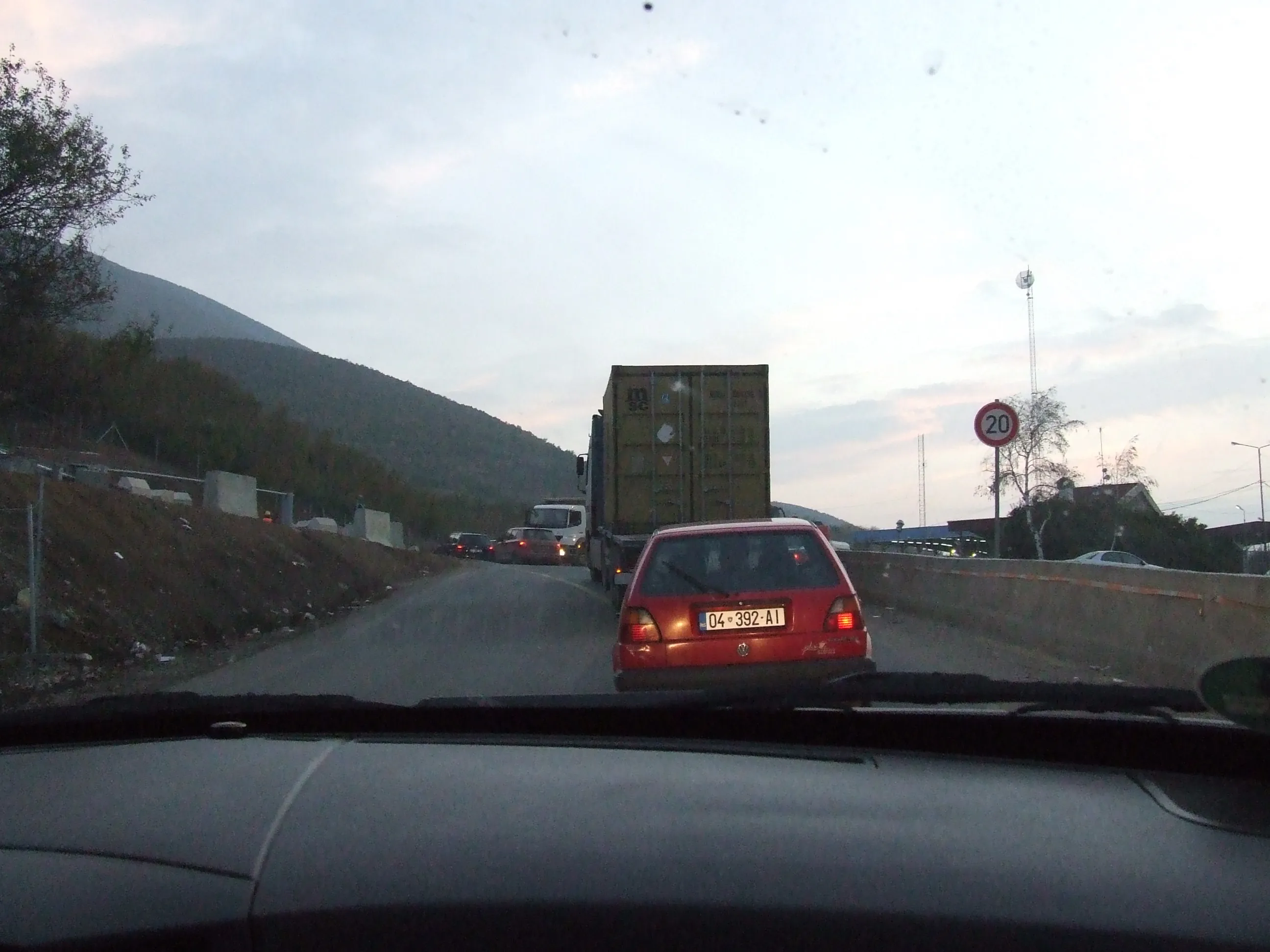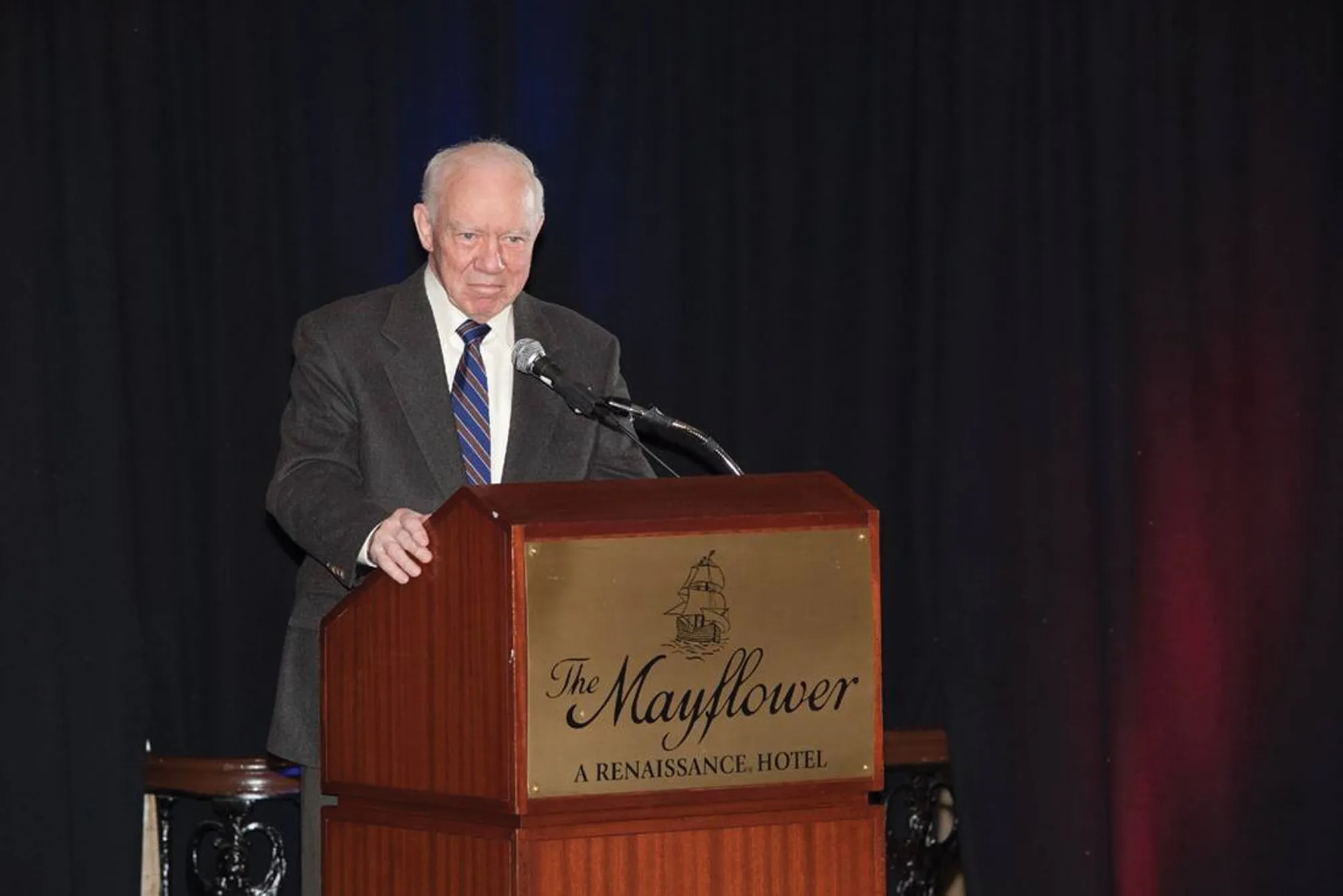Mobility for Prosperity in Europe (MPE) recently ran a Dinner Debate in the European Parliament to discuss the White Paper on Transport policy with a view to 2050.
February 28, 2012
Read time: 3 mins
Mike Sturgeon, Executive Director of ECG (
However, it seemed to have missed the point that above all EU policymakers must ensure the accessibility and affordability of transport, and thus not challenge mobility but enhance it! Next, two MPE members took the floor to emphasize some of MPE's key considerations regarding future transport policy, with a focus on passenger and freight transport respectively. Fazilet Cinaralp, Secretary General of ETRMA (the European Tyre & Rubber Manufacturers' Association) kick-started the debate by unequivocally stating MPE's position on the White Paper and EU transport policy in general. While a 40-year timeline is at best unpredictable and at worst irresponsible, free and undistorted competition as well as a market-based and technology-neutral approach are compulsory to optimise mobility. Patrick Van De Vyver, EMEA Operations Manager for the global enterprise 3M, contributed with an insightful presentation outlining some of the current initiatives 3M is implementing in order to optimize the load factor of its own logistics chain.
EU policymakerssshould focus on promoting collaboration models, improve the capacity of supply and demand, and ensure connectivity between carrier networks. Sandro Santamato, DG MOVE, Head of Unit, Economic Analysis, Impact Assessment, Climate Change & Evaluation, continued the debate by providing an overview of the trends and challenges that led to the vision in the White Paper of "full modal integration". In her concluding remarks, Ines Ayala Sender, member of the European Parliament TRAN Committee, delighted the participants with her reflections on future transport policy's need to guarantee citizens' right to mobility as well as improving its image, while preserving the technological leadership European companies are showcasing today.









